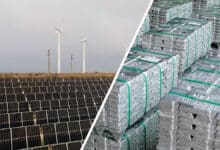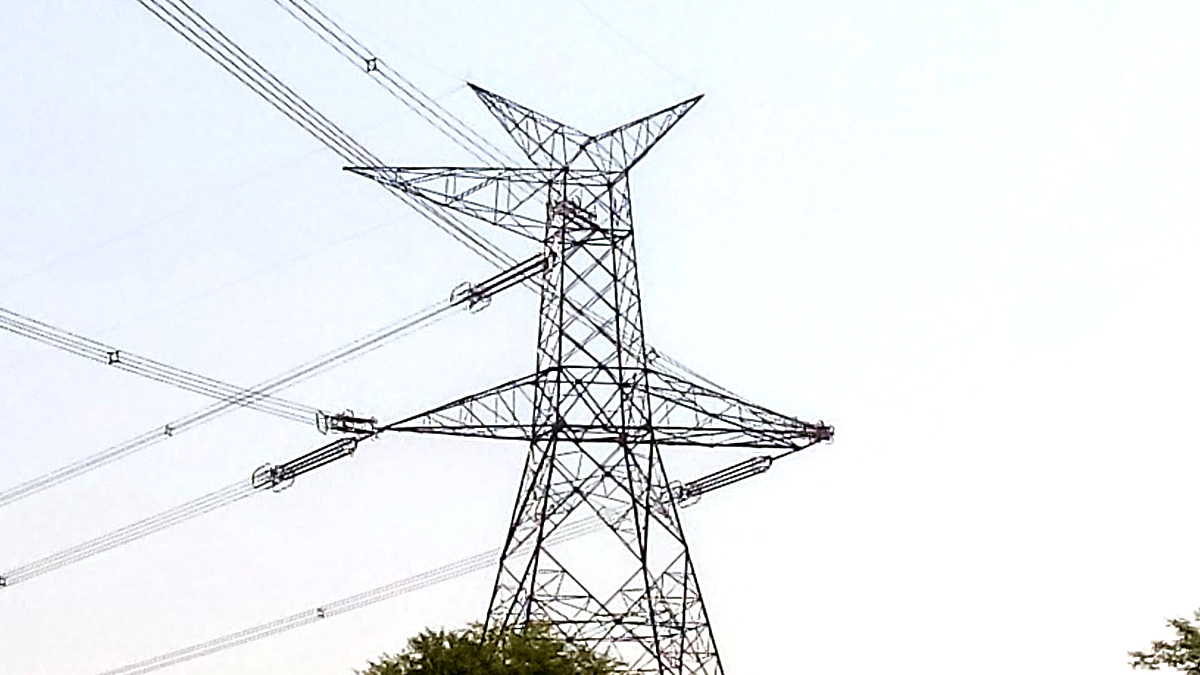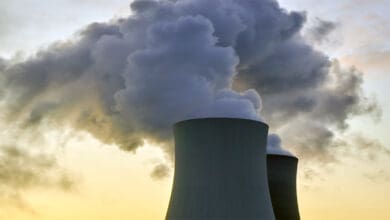Japan launched its latest three yearly energy policy review. Currently, the country is grappling with a need to cut greenhouse gas emissions even as public remains wary over nuclear power following the Fukushima disaster. In its last review in 2018, Japan kept its targeted mix of power sources for 2030. This equated with the goals set three years earlier. According to the goals, renewables accounted for 22-24%, nuclear 20-22%, and fossil fuels 56%.
But for the year ended March 2019, fossil fuels such as Liquefied Natural Gas (LNG) and coal accounted for 77%. Meanwhile, renewables came to 17% and nuclear 6% for the same year. Many experts view the nuclear target as difficult to achieve in the wake of the 2011 Fukushima disaster.
“Securing stable energy supply and making a decarbonised society, while considering energy costs, are key issues when we discuss energy policy. No conclusion has been drawn in terms of energy mix. We hope to hear various views from members of a panel and to see active discussions.” said Hiroshi Kajiyama, the industry minister.
Japan aims to cut its greenhouse gas emissions by 26% from 2013 levels by 2030. However, its environment ministry warned in july that the electricity industry will miss its 2030 reduction target. Industry nearly accounts for 40% of country’s CO2 emissions. Only two nuclear reactors are currently operating in Japan, with several shut for maintenance. Moreover, many others still undergoing a re-licensing process under new safety standards imposed after Fukushima.













